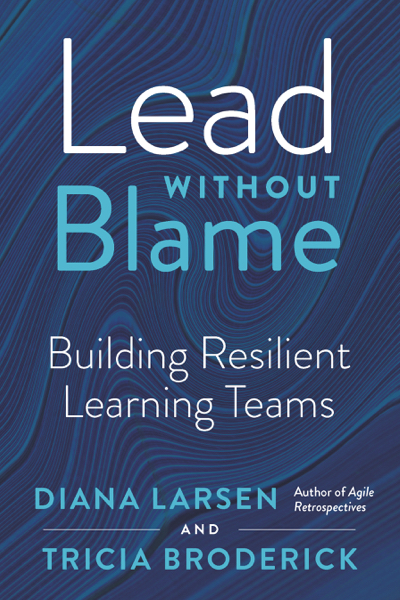Since I can remember, people told me I should become a lawyer. The most frequent reason centered around my love of a good debate. Growing up, I had very little boundaries in terms of who and when I would debate. When my high school French teacher told me I had to eat the salad or fail, I debated loudly. I would gladly name everything in that bowl in French as that was a requirement of the class but this was not home economics and I did not have to eat anything. This landed me in the principal’s office. I won.
I have numerous other stories that follow the same trend. I never just accepted things because someone else said them. Truthfully, as a kid, none of these situations really mattered. I could have just eaten whatever was in that bowl. Yet, as an adult, I was able to really help my company and teams when I was able to challenge assumptions/statements made by others. Did you notice my terminology change? Debating was about winning. Challenging thoughts was about exploring to be sure.
Even though my intentions evolved over the years, my style didn’t. As such, I would have to often indicate that I was being a “devil’s advocate” in the discussion and then proceed to basically debate with other people. This seemed sufficient to me for many years until I worked with someone similar to this. I don’t think this person engaged in a conversation where he didn’t disagree with something. And because he was also proud of that ability, there was a greater emphasis on those parts even if they were 10% of the entire conversation. It was exhausting, which made me wonder how exhausted I made people. If my goal was to explore, I had a responsibility to contribute to an environment where everyone wanted to explore. Otherwise, I might just be unintentionally wearing people out to my view/issue, hence being a bully.
So here are some things I’ve been leveraging to aid in my growth:
- Balance: What am I targeting to bring up? How critical is the point vs the overall? Have I highlighted/appreciated the areas of alignment?
- Delivery: Am I avoiding a harsh start-up with the concern? How am I framing my contribution? Am I asking questions?
- Teaching perspective: Who else might be thinking about this too? How can I facilitate the conversation to allow for these topics to emerge?
- Purpose: We can all sit back and say “I am not focused on winning” but I’m human and winning is nice. So with intent, consider the purpose of raising the topic. Does the discussion truly explore or is it trolling the conversation?
Being able to raise the tough topics in tough situations is critical for a leader; being able to do this without accidently being a bully is critical!
How do you avoid accidentally being the bully?




